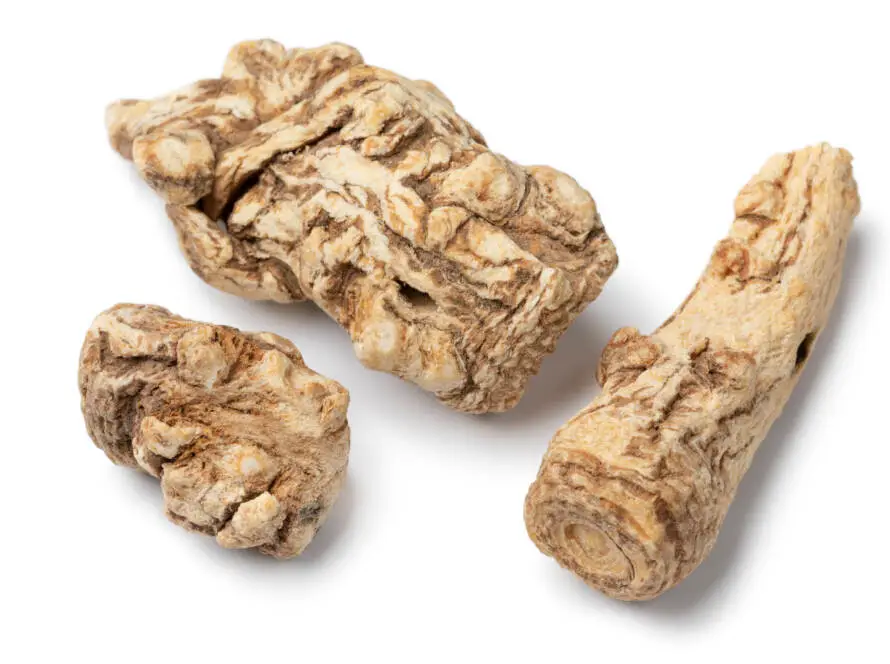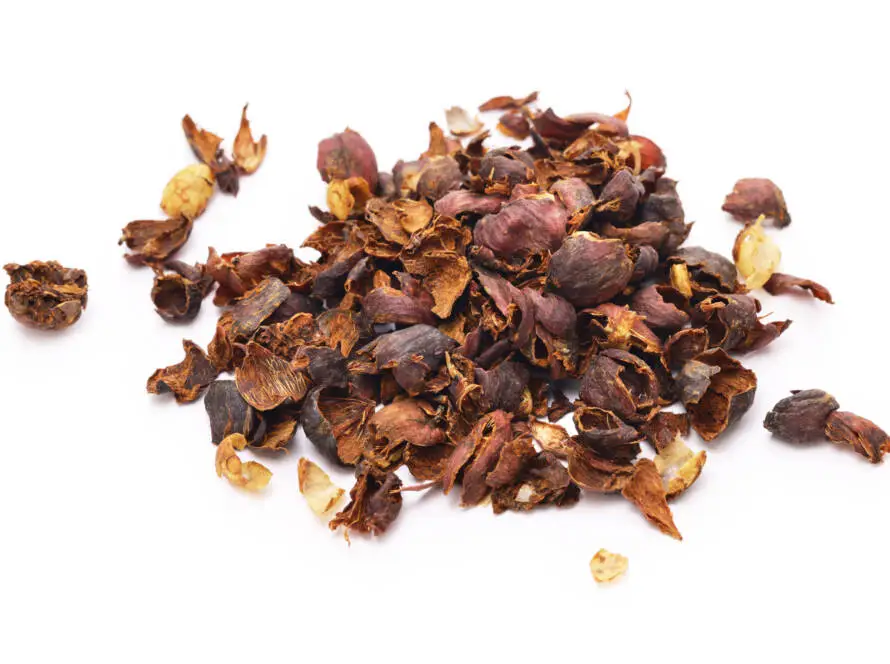Ephedra
Introduction
Ephedra is an herb valued for its flavor, scent, and potential therapeutic properties. This plant can refer to various parts, including flowers, leaves, bark, fruit, seeds, stems, and roots. The main active ingredient, ephedrine, is a potent stimulant that affects the nervous system and the heart. Ephedra is an evergreen shrubby plant native to Central Asia and Mongolia.
Common Names
- Ephedra
- Chinese Ephedra
- Ma Huang
Latin Names
- Ephedra sinica
Uses of Ephedra
Ephedra has a long history of use, spanning over 5,000 years in China and India, for treating various conditions such as:
- Colds
- Fever
- Flu
- Headaches
- Asthma
- Wheezing
- Nasal congestion
It has also been featured in many dietary supplements aimed at weight loss, increased energy, and enhanced athletic performance.
How It Is Used
The dried stems and leaves of ephedra are commonly used to create:
- Capsules
- Tablets
- Extracts
- Tinctures
- Teas
Scientific Insights
Research shows that ephedra has notable risks. An NCCAM-funded study found a higher rate of side effects from ephedra than from other herbal products. Additional studies found associations with serious health issues, including:
- Increased risk of heart problems
- Psychiatric issues
- Gastrointestinal complications
- High blood pressure and stroke
According to the U.S. Food and Drug Administration (FDA), there is minimal evidence supporting the effectiveness of ephedra, except for short-term weight loss. However, the risks of heart complications and stroke far outweigh any potential benefits.
Side Effects and Cautions
In 2004, the FDA banned the sale of dietary supplements containing ephedra due to the unacceptably high risk of injury or illness, especially cardiovascular complications and even death. This ban does not apply to traditional Chinese herbal remedies or products like herbal teas, which are considered conventional foods.
Between 1995 and 1997, the FDA received over 900 reports of possible ephedra toxicity, including serious events such as stroke, heart attack, and sudden death, with 37 cases reported.
Using ephedra may worsen pre-existing health conditions, such as:
- Cardiovascular disease
- Kidney disease
- Sleep disorders
- Diabetes
Common side effects include:
- Nausea
- Anxiety
- Headaches
- Psychosis
- Kidney stones
- Tremors
- Dry mouth
- Irregular heart rhythms
- Elevated blood pressure
- Restlessness
- Sleep problems
- Stomach irritation
- Increased urination
Pregnant or breastfeeding women and children should avoid ephedra entirely. Moreover, combining ephedra with other dietary supplements or medications can lead to serious health issues, particularly when used with caffeine, which heightens the risk of severe side effects.
It’s important to let your healthcare providers know about any alternative practices you use to ensure safe, coordinated care.
Resources
- Drugs.com
- Wikipedia.com
- NCCAM National Institutes of Health
- National Center for Complementary and Alternative Medicine. Ephedra. National Center for Complementary and Alternative Medicine website. Accessed on July 9, 2007.
- Ephedra (Ma Huang). In: Coates P, Blackman M, Cragg G, et al., eds. Encyclopedia of Dietary Supplements. New York, NY: Marcel Dekker; 2005:189-195.
- Ephedra (Ephedra sinica)/Ma Huang. Natural Standard Database website.
- Ephedra. In: Blumenthal M, Goldberg A, Brinckman J, eds. Herbal Medicine: Expanded Commission E Monographs. Newton, MA: Lippincott Williams & Wilkins; 2000:110-117.
- Ephedra. Natural Medicines Comprehensive Database website.
This summary highlights the key aspects of Ephedra, including its traditional uses, potential benefits, and safety considerations.
Disclaimer
The information I’ve shared about herbs is for educational purposes only and is not meant as medical advice. While many herbs have been traditionally used for their potential health benefits, individual responses may vary, and the effectiveness of herbs can depend on various factors, including personal health conditions and interactions with medications. It is essential to consult with a qualified healthcare professional or a licensed herbalist before using herbs for medicinal purposes or making significant changes to your health regimen. This information should not be considered a substitute for professional medical advice, diagnosis, or treatment.


